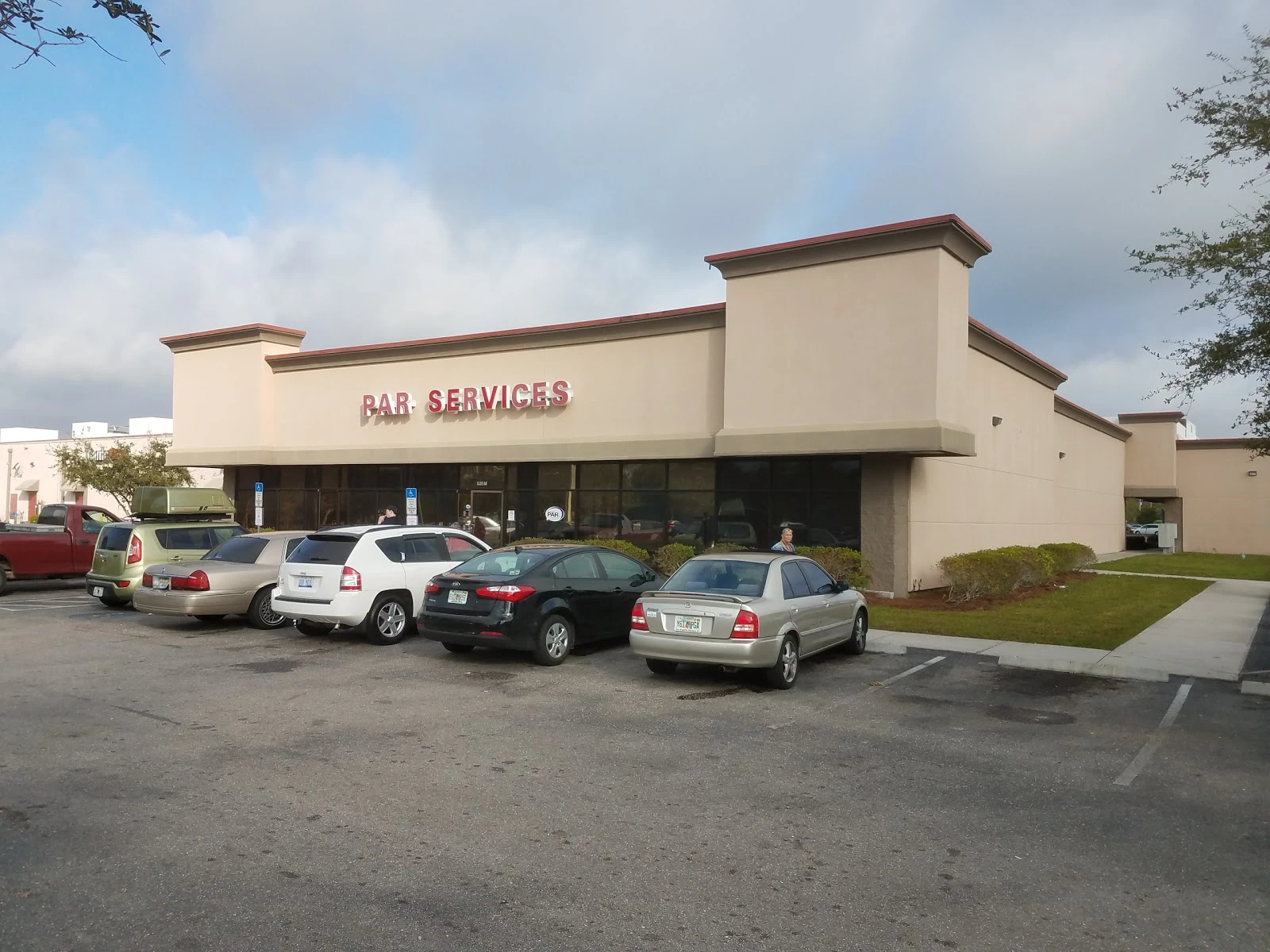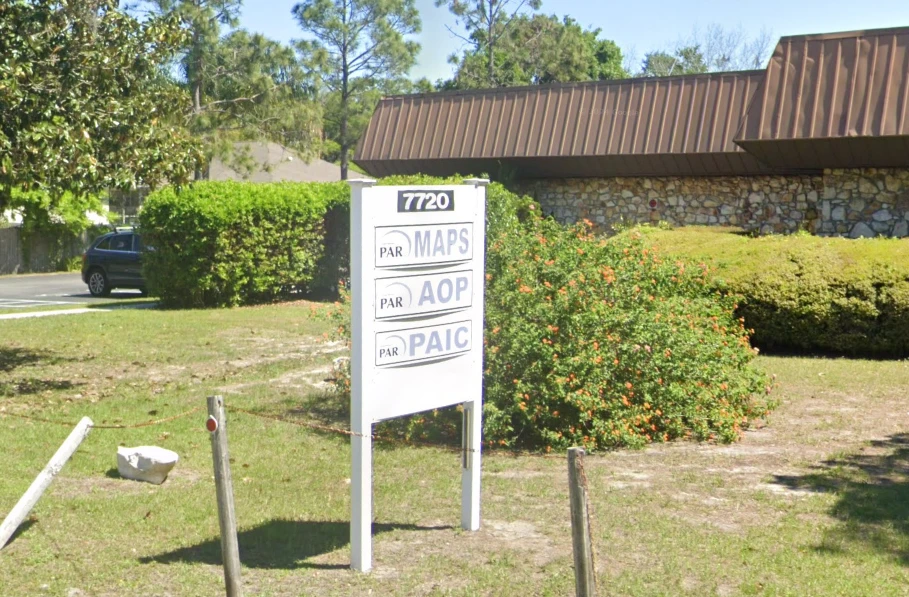Operation PAR, located in Saint Petersburg, Florida, is a comprehensive addiction treatment center serving individuals struggling with substance use disorders, including narcotics and alcohol. The center offers a range of services, including residential treatment, outpatient care, and Medication-Assisted Treatment (MAT) for opioid addiction. Their programs cater to both adults and adolescents, providing personalized treatment plans that address the unique requirements of each individual.
Operation PAR also offers medically supervised detoxification, assisting individuals safely withdraw from substances in a structured environment. Their holistic approach emphasizes the importance of treating the whole individual, focusing not only on the addiction but also on the underlying emotional, psychological, and social factors that contribute to substance use
The center's residential treatment program provides a structured and supportive environment where clients can focus on their recovery without the distractions of daily life. This program includes individual and group therapy, relapse prevention strategies, and life skills training to help clients establish a strong foundation for long-term sobriety. Outpatient services offer flexibility for those who need to continue working or attending school while receiving treatment, and include both individual counseling and group therapy sessions.
Operation PAR is accredited and widely recognized for its impact in the community, serving thousands of individuals each year. In addition to treatment, the center also offers prevention services aimed at educating children, adolescents, and families about the dangers of addiction. Their prevention programs are designed to promote healthy lifestyles and reduce the likelihood of future substance use.






